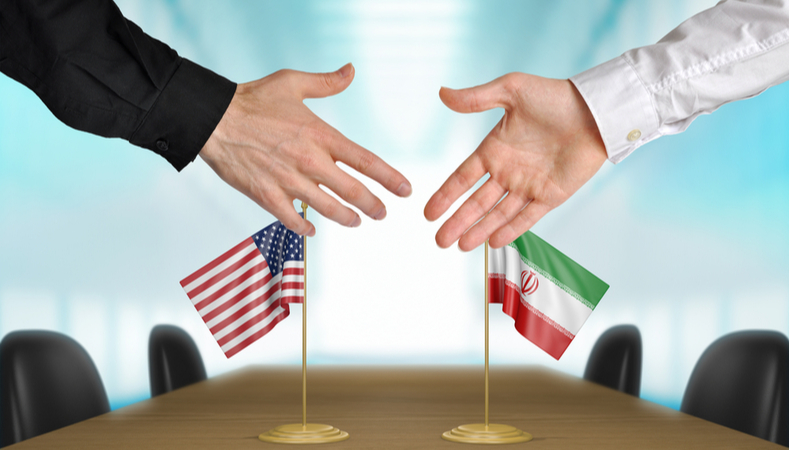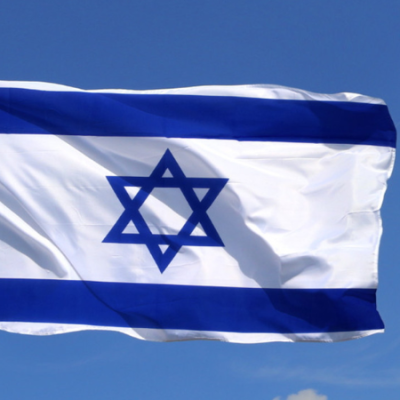Iran nuclear talks resume in Vienna: World watches as the stakes are as high as ever

 Iran–Monday marks the commencement of seventh round of Iran nuclear deal talks in Vienna, but only the first in last six months. As the meeting between United States, Iran, China and European Union begin, a lot has changed around deal dynamics and stakes are as high as ever.
Iran–Monday marks the commencement of seventh round of Iran nuclear deal talks in Vienna, but only the first in last six months. As the meeting between United States, Iran, China and European Union begin, a lot has changed around deal dynamics and stakes are as high as ever.
The Background
The 2015 Iran nuclear deal or JCPOA (Joint Comprehensive Plan of Action) relieved Tehran from economic sanctions in return of limitations imposed on its aggressive nuclear program. But former US President Donald Trump abandoned the agreement in 2018, reimposing the strict sanctions on Iran, who in return responded with a public ramping up of its uranium enrichment program that is needed to make nuclear bombs.
Since Joe Biden took office as President of US, Washington and Iran along with other nations have said they want to restore the deal. But how to initiate the talks across the table and new terms of agreement have been posing a blockage for deal talks.
How US and Iran are out of deal compliance
Trump was never in agreement with the deal formed under Obama administration citing the agreement duration was too short. Majority of parts of the deal are due to expire in 2025. Trump administration exited the deal, reinstated the US sanctions on Tehran and cut off oil sales of Iran thereby infuriating Tehran. When other deal member nations objected to his action, Trump threatened any company dealing with Iran too would be severed of US ties. The sanctions have crippled Iran’s economy, giving Biden administration an upper hand for negotiations.
Iran too has defied all deal compliances. Responding to US sanctions, Iran parliament passed a law that required breaching the deal. Iran has aggressively stockpiled enriched uranium, well above the limits permitted under JCPOA. Experts say that the stock might have brought Iran close to making a nuclear weapon.
Iran’s new leadership changes the dynamics
Iran’s new hardline president Ibrahim Raisi, who was elected in June, is determined to prove how he can steer the nuclear deal in favor of Iranians. Labelling the talks as sanctions talks, his Deputy Foreign Minister Ali Bagheri Kani said, “We do not have nuclear talks because the nuclear issue was fully agreed in 2015.”
The new Iranian regime also stresses that since US was the one to exit the deal, it should be the first to make a move by lifting all the sanctions imposed on Tehran. Iran also wants a guarantee now that US will not exit the deal, even after the next presidential elections in US, placing Biden administration in a tough spot.
US wants a deal but won’t give Iran a luxury to play upper hand
U.S. negotiator Robert Malley said it is up to Iran’s new regime to show and prove it’s inclination towards the deal. “If [Iran is] dragging their feet at the negotiating table, accelerating their pace with their nuclear program, that will be their answer to whether they want to go back into the deal,” Malley said. “And it will be a negative one if that’s what they choose to do.”
US has called out Iran for delaying talks continuously. “We don’t have much time before we have to conclude that Iran has chosen a different path,” Malley said.
Apart from nuclear program, Iran is also at center of other issues like human rights violations, supporting militants. But experts say that these issues must be dealt separately from the nuclear deal, keeping the latter as the top priority.



